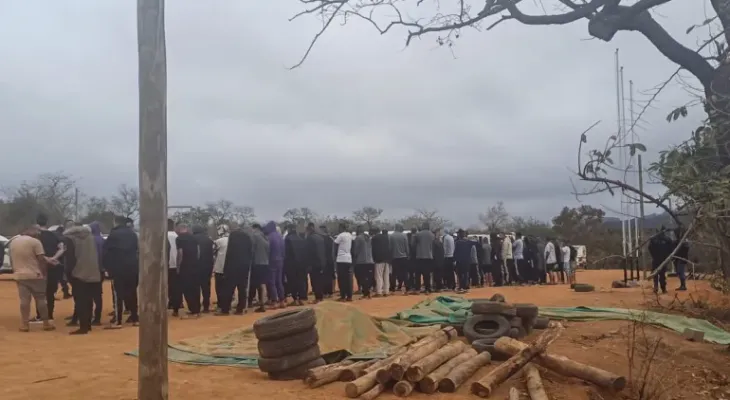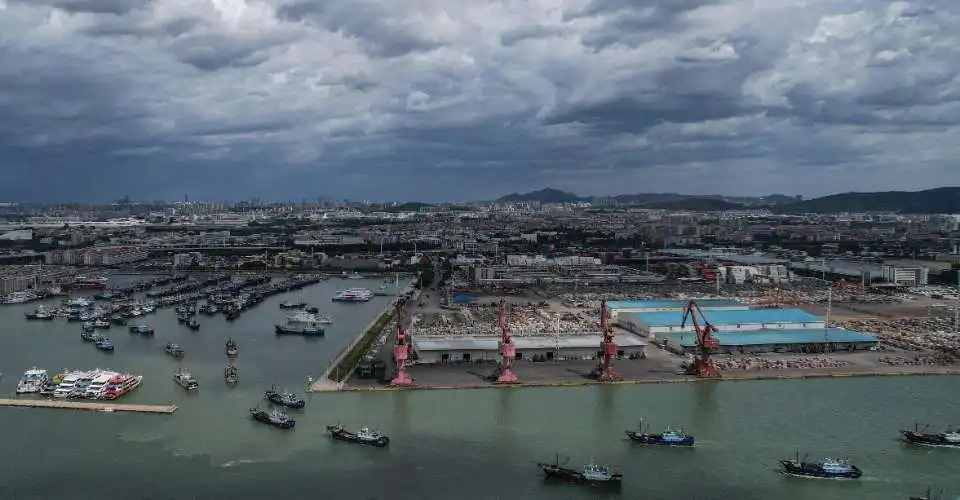
Ahead of next week’s Spring Statement, Rishi Sunak told the BBC he would “stand by” people, but warned sanctions against Russia were not “cost-free”.
He is facing calls from some Tory MPs to cut fuel duty to help ease rising costs at the pumps.
His Labour counterpart Rachel Reeves said her party would back such a move.
But the shadow chancellor said the government should also be taxing oil and gas companies to fund more generous energy discounts for poorer families.
And she repeated Labour’s call for ministers to scrap the 1.25 percentage point hike in National Insurance, which is due to begin in April.
The Spring Statement is not usually an occasion to announce big tax and spending decisions.
However, this year Mr Sunak is facing pressure to act on living standards amid soaring energy costs and rising household bills due to increasing inflation.
Personal finance expert Martin Lewis said the squeeze facing households was worse than during the Covid pandemic or after the 2008 financial crash.
He told the BBC’s Sunday Morning programme he was “virtually out of tools to help people now” – and said more “political intervention” was required.
‘Not easy’
Speaking to the same programme, Mr Sunak said he would not be able to “fully protect” people from the consequences of rising prices.
But asked whether he was prepared to step in and offer support, he added: “Of course I am, and people can judge me by my actions over the past two years.”
He added: “I want to be honest with people that it’s not going to be easy.
“I wish government could solve absolutely every problem and that I could fully protect people against all the challenges that lie ahead.
“I can’t do that, but what I would say is I will stand by them in the same way that I have done in the past couple of years.”
Millions of household are facing sharp rises in energy bills from next month, when the government’s price cap is set to rise.
The higher cap means typical households face paying £1,971 a year from April, 54% more than they pay now, with a further rise expected in October.
The price of petrol and diesel is also on the rise, worsened by a surge in oil costs due to Russia’s invasion of Ukraine.
Rising inflation, which the Bank of England has warned could hit about 7% this year, is also pushing up costs of food, clothing and transport.
More on the cost of living:
Mr Sunak is facing calls from more than 50 MPs to cut fuel duty, which has been frozen for over a decade, to reduce the price of petrol and diesel.
Others within his party have been calling for the government to scrap VAT on energy bills – while some want green levies removed to reduce costs.
The chancellor said he could not “speculate” on tax decisions, but added that the government was already “taking action” over energy bills.
He pointed to support announced in April – including a £150 rebate on council tax for people living in properties in bands A-D, about 80% of households.
A £200 energy bill discount is also due to apply in October – although Labour has criticised it as a “buy now, pay later scheme” as people will have to pay the discount back over five years from 2023.
Shadow chancellor Ms Reeves said Labour would support a cut to fuel duty – currently 57.95p per litre of petrol or diesel – but told Sky News the move did not “rise to the scale of the challenge we face”.
She told the BBC her “priority” would be reversing next month’s National Insurance rise, and increasing corporation tax on oil and gas firms to fund more generous support for energy bills through the Warm Home Discount scheme.






